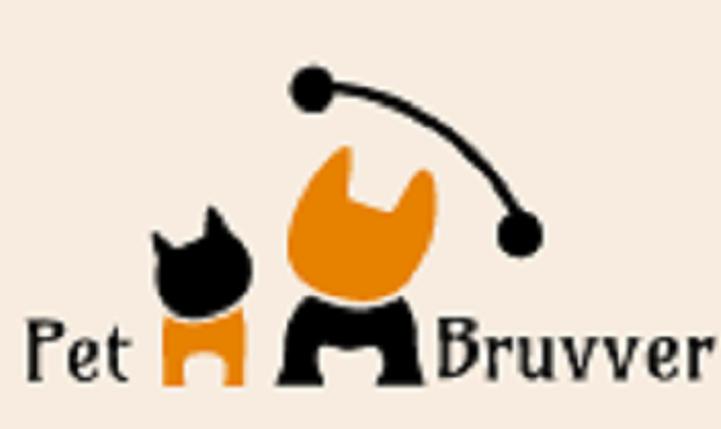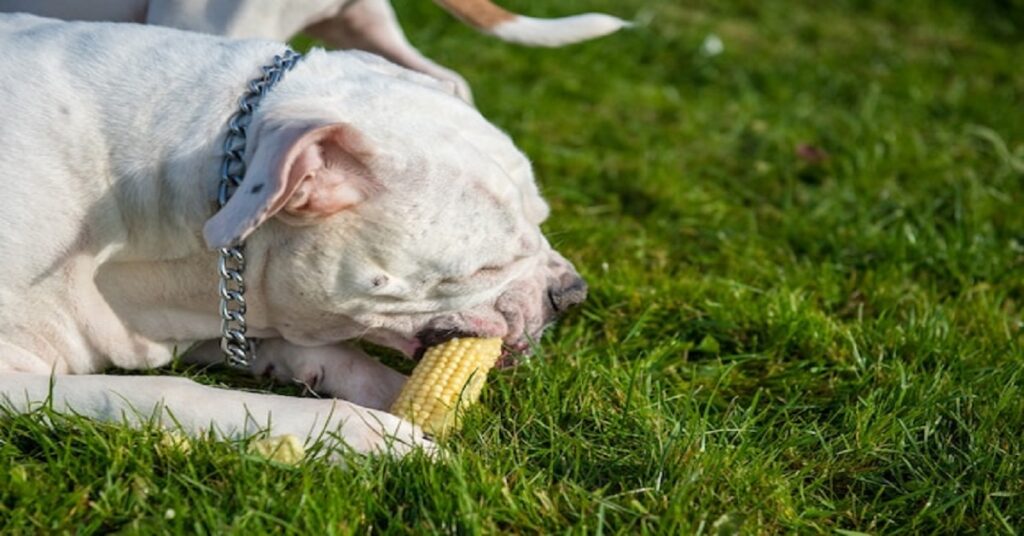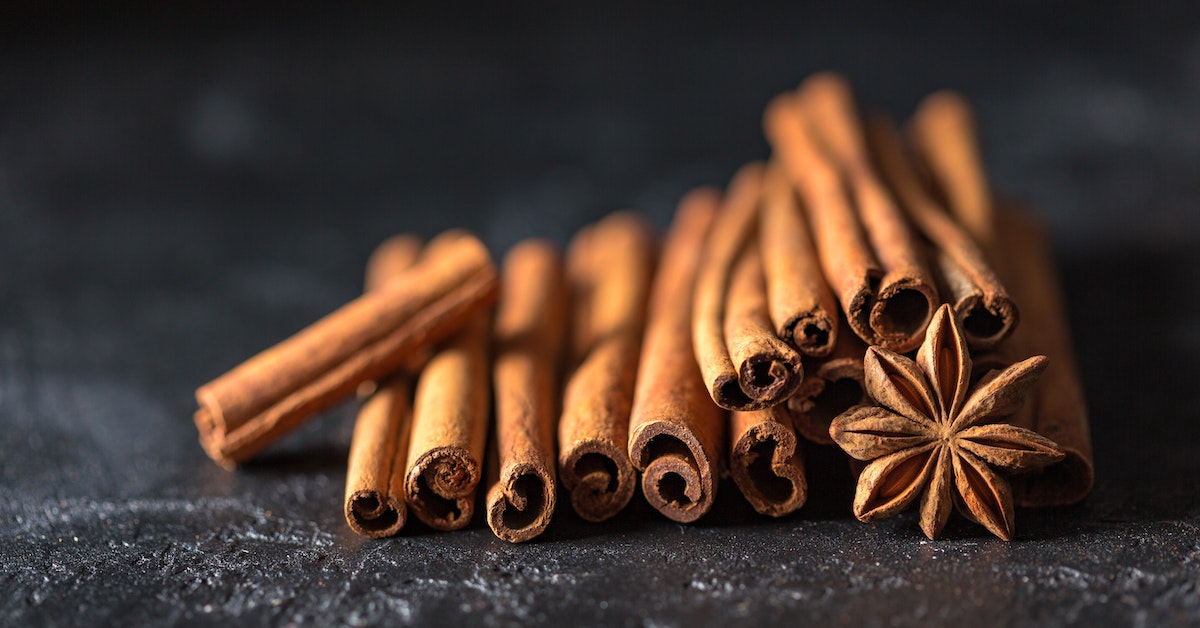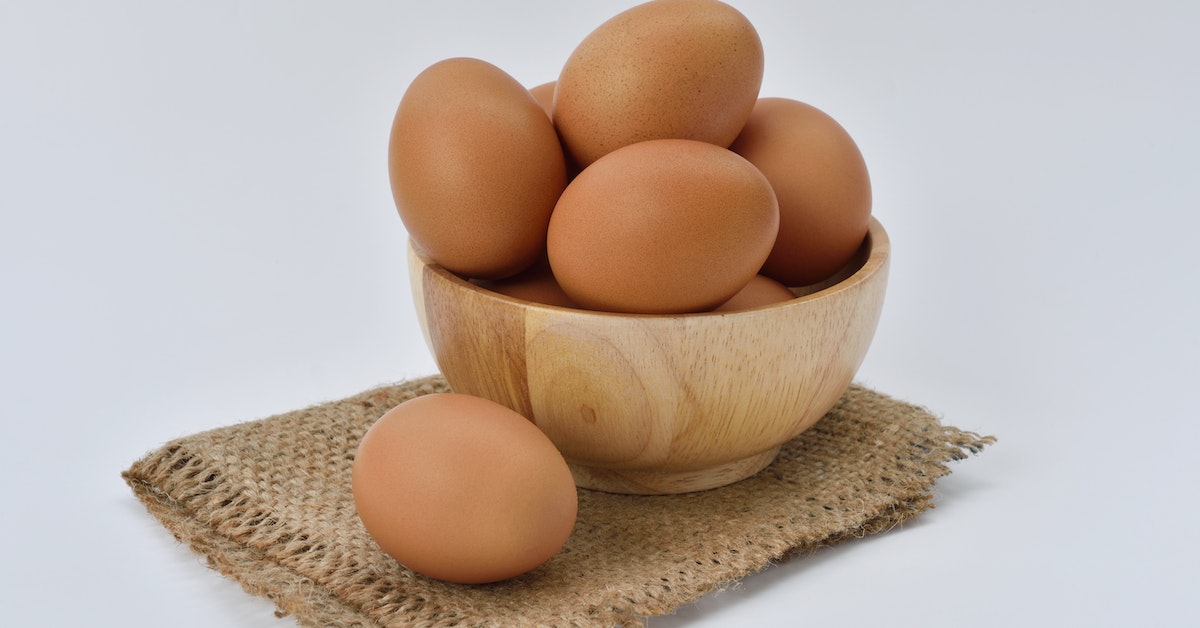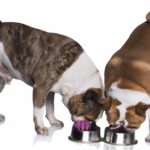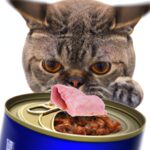Dogs can eat corn, but it should be in limited amounts. Dogs are carnivores and should not have a lot of starch in their diet. Fresh corn with its husk is fine to give your dog once in a while, but not every day or even once a week. To be on the safe side, you should also check to see if there are any additives or preservatives before giving your dog any kind of corn. It’s best to avoid giving them sweet corn which is more likely to have been grown with additives and has less nutritional value. However, corn kernels are good for dogs as long as they don’t eat too much of it. The best types of corn for dogs are whole yellow kernels that have not been modified or hybridized in any way.
Can Dogs Eat Corn? Which Kind is the Safest?
Dogs can eat corn in moderation, but you have to make sure that you give them the right kind. There are many different types of corn out there, and some of them are better than others. Whole yellow kernels that have not been modified in any way are the best types of corn for dogs. Corn meal, corn grits, and any other types of corn products are not good for dogs to eat. Corn is a good source of carbohydrates, fibre, and B vitamins, but it also packs a lot of calories and can cause your dog to gain weight. So if you feed your dog lots of corn, they might become obese and suffer from a number of health problems.
What is the Best Kind of Corn for Dogs?
The best kinds of corn for dogs are the whole yellow kernels that have not been modified in any way. These are traditional corns that have been grown for thousands of years. They are high in carbohydrates and fibre, but low in fat and calories. Corn is a good source of B vitamins and iron, and it’s also rich in antioxidants. Furthermore, corn is a good source of protein for dogs, and it contains essential amino acids. Corn is also rich in fibre and B vitamins.
How Much Fresh Corn Can a Dog Eat?
Once in a while, it’s fine to give your dog fresh corn. It’s best to give it to them as a treat since it’s not the best choice for a daily meal. You can give them a few fresh or roasted kernels, or you can even mix them with your dog’s regular kibble. Too much corn in your dog’s diet can lead to obesity and other health problems. It’s important to keep the corn intake to a minimum and avoid giving your dog corn that has been heavily processed.
Are Corn Cobs Good for Dogs to Eat?
Dogs can eat corn cobs, but they should only be given to them occasionally. Corn cobs are starchy and contain more sugars than corn kernels do. They also contain fewer nutrients and can cause digestive problems in dogs. Corn cobs can be a good choice for a snack if they are roasted and salted. You should avoid giving your dog corn cobs with any type of sauce since it might contain additives and preservatives that your dog shouldn’t eat.
Should Dogs Eat Corn Chunks?
Dogs should not eat corn chunks since they are starchy and sugar-rich. They are not a good source of protein and can cause digestive problems. It’s best to avoid giving your dog corn chunks since they contain less nutrients and more carbohydrates than kernels do. Corn chunks also contain fewer B vitamins and iron than kernels do. So they are not a good choice of healthy snack for dogs.
Which Types of Processed Corn are Safe for Dogs to Eat?
Dogs can eat some types of processed corn. It’s best to stay away from products that have sweet corn as an ingredient. You should also avoid corn that has sugar or salt added to it. Cornmeal, grits, and corn kernels can be good treats for dogs, but they shouldn’t be given as part of their daily meal. It’s best to cook the corn before giving it to your dog, and cook it without any added butter or salt. You can also buy pre-roasted and salted corn kernels.
Are Popcorn and Peanut Butter-Coated Corn Safe for Dogs to Eat?
Popcorn can be a healthy treat for dogs, but it shouldn’t be given as part of their regular meal. Peanut butter-coated popcorn is particularly rich in fats and carbohydrates. It’s not a good choice of snack for dogs, and it can cause digestive problems if given too often. It’s best to stick to plain popcorn if you want to give it to your dog as a snack. You can also make popcorn with coconut oil or sprinkle it with herbs.
Nutrition of Corn for Dogs
Corn contains many essential vitamins and minerals that are important for a dog’s diet. It’s not the best choice for a dog’s primary source of nutrition, but it can make a good addition to a balanced diet. A dog’s diet should consist of mostly meat since they are carnivores. Corn is a good source of carbohydrates, fibre, and B vitamins, but it also packs a lot of calories and can cause your dog to gain weight.
Benefits of Feeding Dogs Corn
Corn is a good source of fibre and B vitamins, and it can be a healthy addition to a dog’s diet. Grains are more nutritious when they are whole and unmodified, which is the case with corn. It’s also rich in antioxidants and a good source of protein. Corn is particularly good for growing puppies. It can help them develop muscles and bones and grow stronger. Corn is also good for senior dogs who need more fibre in their diet. It can help relieve constipation, and it can help clean teeth and fight bad breath.
Side Effects of Feeding your Dog Corn
Too much corn in your dog’s diet can lead to obesity, digestive problems, and allergies. It can also cause pancreatitis in dogs. It’s best to feed your dog corn as a treat and avoid giving it to them regularly. It’s important to keep the corn intake to a minimum and avoid giving your dog corn that has been heavily processed. Whole corn with its husk is the best choice for your dog, followed by corn kernels and corn meal.
Bottom Line
Corn is a good source of fibre and B vitamins, but it also packs a lot of calories and can cause your dog to gain weight. It’s best to feed it to your dog as a treat and avoid giving it to them regularly. Whole corn with its husk is the best choice for your dog. It’s important to keep the corn intake to a minimum and avoid giving your dog corn that has been heavily processed. Corn can be a good choice for a growing puppy and for senior dogs who need more fibre in their diet. It can also help clean teeth and fight bad breath, and it can help relieve constipation.
